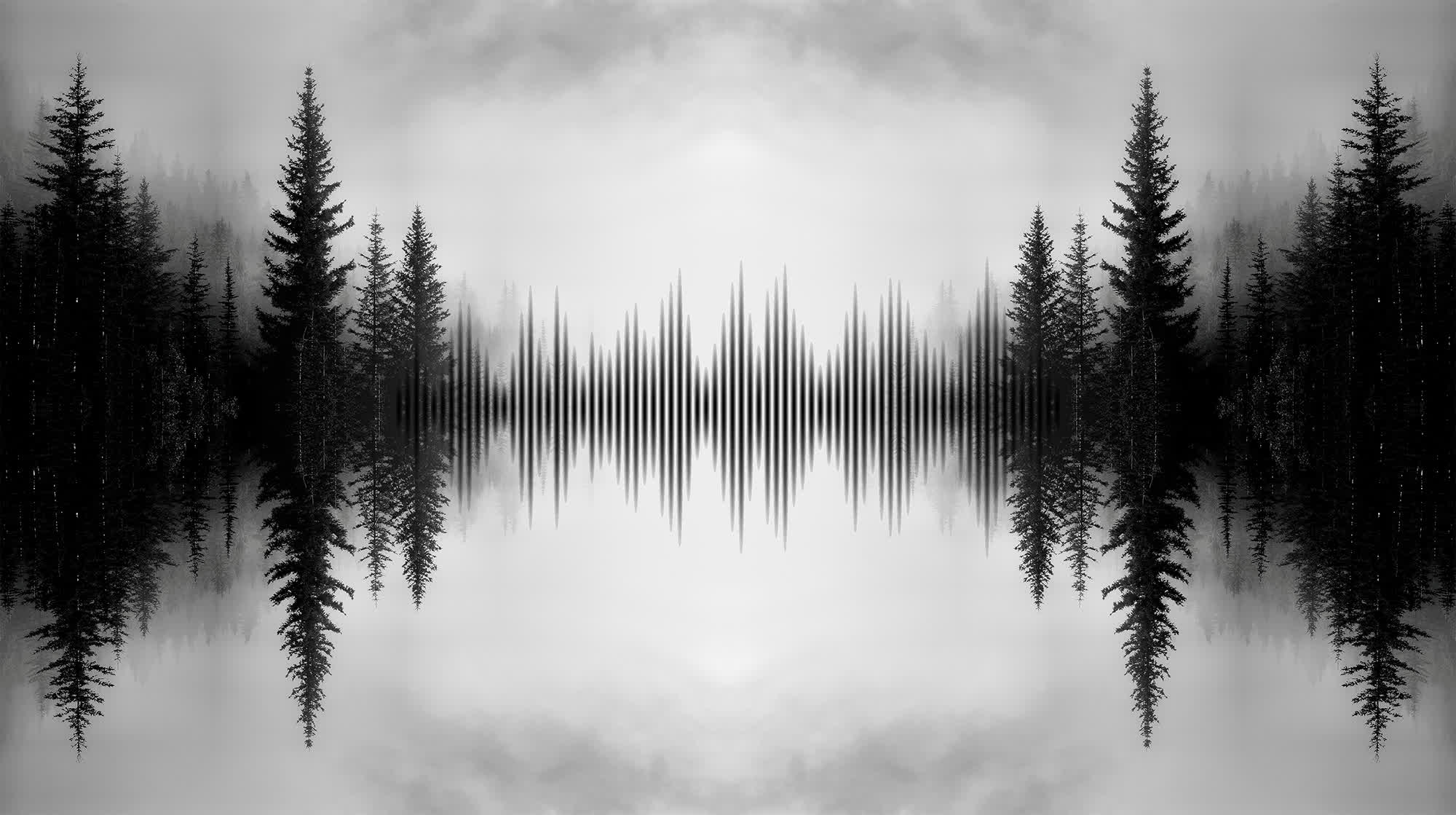In a nutshell: Microsoft Research has been working on Soundscape for more than six years, and launched an iOS app by the same name in 2018. Unlike traditional step-by-step navigation apps, Soundscape uses 3D audio cues to boost ambient awareness and provide comfort in unfamiliar spaces for blind or visually impaired users.
Microsoft is planning to retire its Soundscape iOS app early next month, but it is not going away entirely.
The app tells you where you are and what direction you are going and is based on data from OpenStreetMap, which is a collaborative map of the world created by people and is free to use under an open license.
When walking down a sidewalk, for example, Soundscape can read aloud the names of stores, parks, streets and intersections as you approach them. Features like street preview can help users build a mental map of a location while markers and audio beacons make it easier to save favorite spots and travel to them, respectively.
Soundscape is not meant to replace an aid like a guide dog or a mobility cane but rather, supplement those tools by enriching awareness and perception of your surroundings.
On January 3, 2023, the Soundscape iOS app will be removed from the Apple App Store. Those who already have the app installed will continue to be able to use it until the end of June 2023, we are told.
Also on January 3, the Soundscape code will be made available on GitHub as open-source software. Microsoft said this will allow anyone to continue to build on and find new ways to leverage its novel feature set. Documentation on how to build and use the system will also be provided to help newcomers get up and running.
Microsoft said that as their research portfolio evolves, it is natural to end or transition some projects. They believe the community can benefit from the experiences they developed as part of the project, hence why they are releasing the code as open-source software.
Image credit: NSTA
